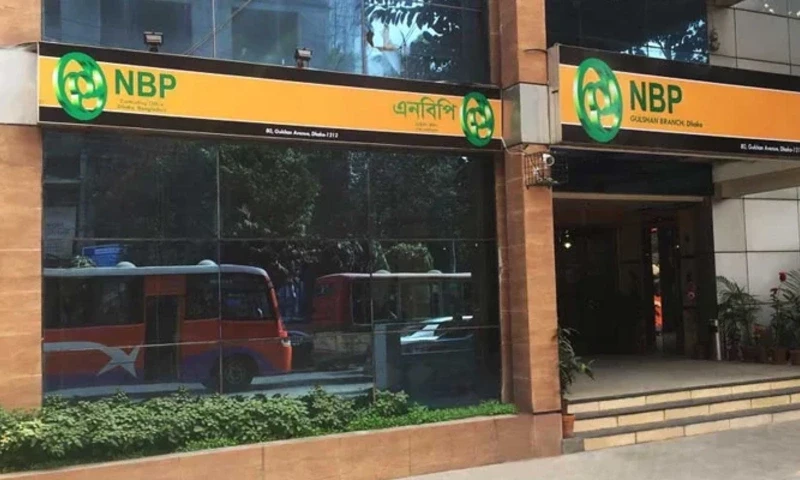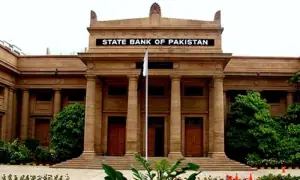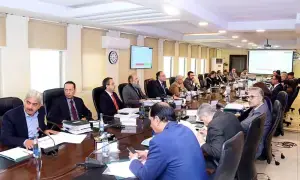NBP expands digital footprint, another step towards cashless economy
The National Bank of Pakistan (NBP) has taken significant strides toward promoting a cashless economy by expanding its digital services to a variety of institutions and organizations.
By integrating educational institutes, utility providers, and other service organizations into its banking systems, the bank is streamlining bill and fee payments, making them easier, faster, and more transparent.
Several key institutions have recently joined NBP’s digital network, including the Water and Sanitation Agency (WASA), Lahore Electric Supply Company (LESCO), University of the Punjab, WAPDA Employees Cooperative Housing Society in Gujranwala, Federal Science College, and Government College University Faisalabad (GCUF).
These organizations will now be able to collect fees and utility bills digitally, minimizing manual processing and enhancing financial efficiency.
NBP’s digital payment solutions allow customers to pay fees and bills via mobile apps or online banking at any time, reducing the need for long queues or branch visits.
Institutions benefit from real-time data tracking, simplifying financial management and lowering cash handling risks.
This shift to digital payments promotes faster cash flow, improves revenue management, and provides valuable data for better planning and decision-making. With increased convenience, even users in remote areas can make timely payments, helping organizations expand their customer base.
Mr. Rehmat Ali Hasnie, President & CEO of NBP, stated: “By supporting the growth of digital transactions, we aim to contribute to the overall development of the digital economy and reduce reliance on cash.
As more firms join this system, we anticipate an increase in transaction volumes and service efficiency. Our goal is to establish a strong digital footprint across Pakistan’s financial sector.“ This initiative aligns with the national vision for a Digital Pakistan.
Through these digital onboarding efforts, NBP is playing a crucial role in fostering a more efficient, secure, and inclusive financial environment in the country.
For the latest news, follow us on Twitter @Aaj_Urdu. We are also on Facebook, Instagram and YouTube.


























Comments are closed on this story.